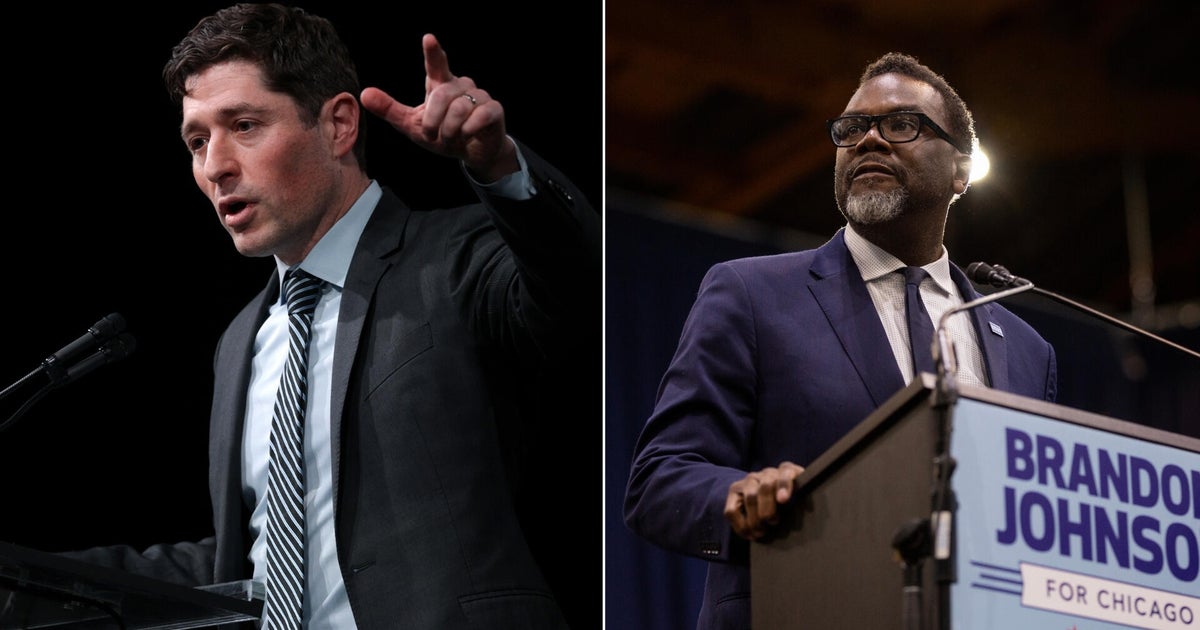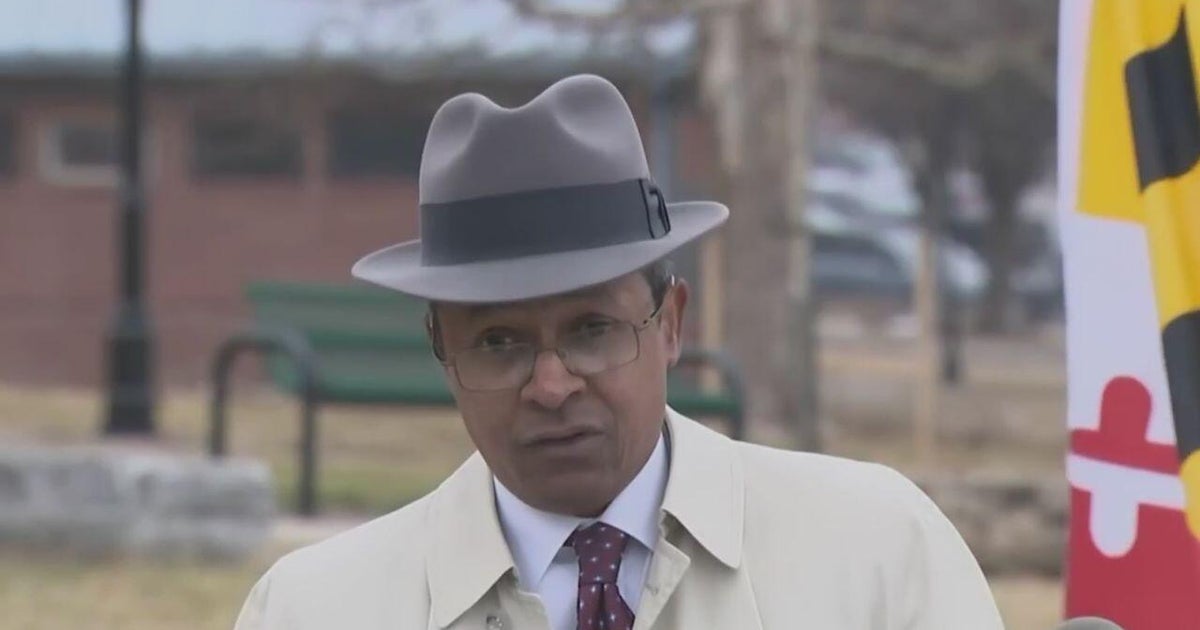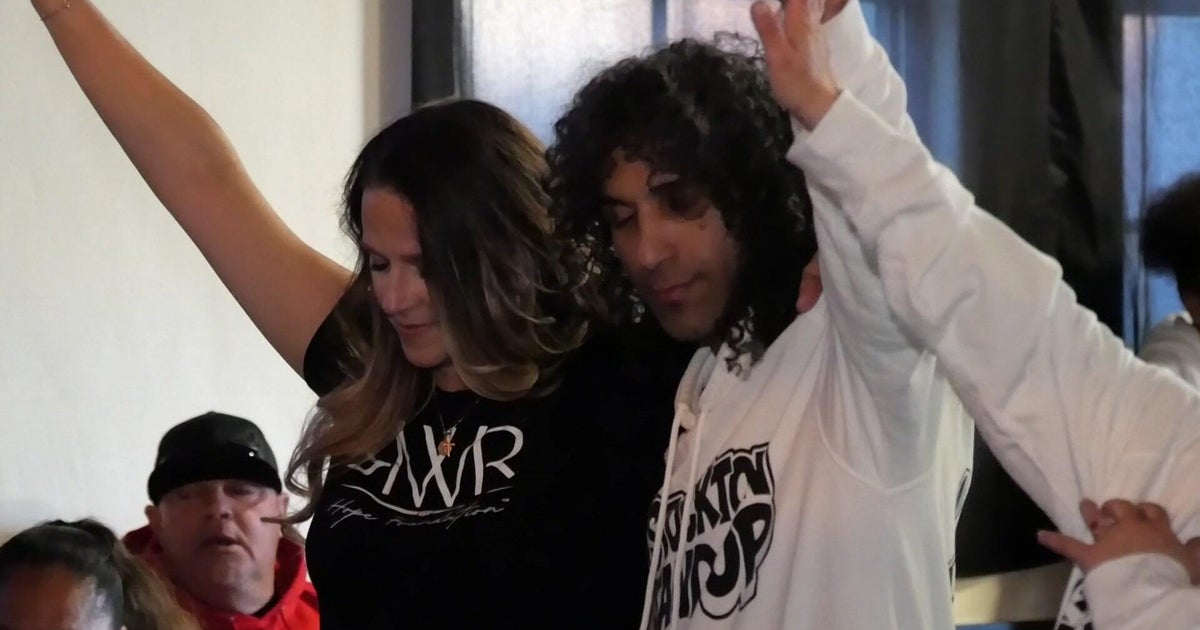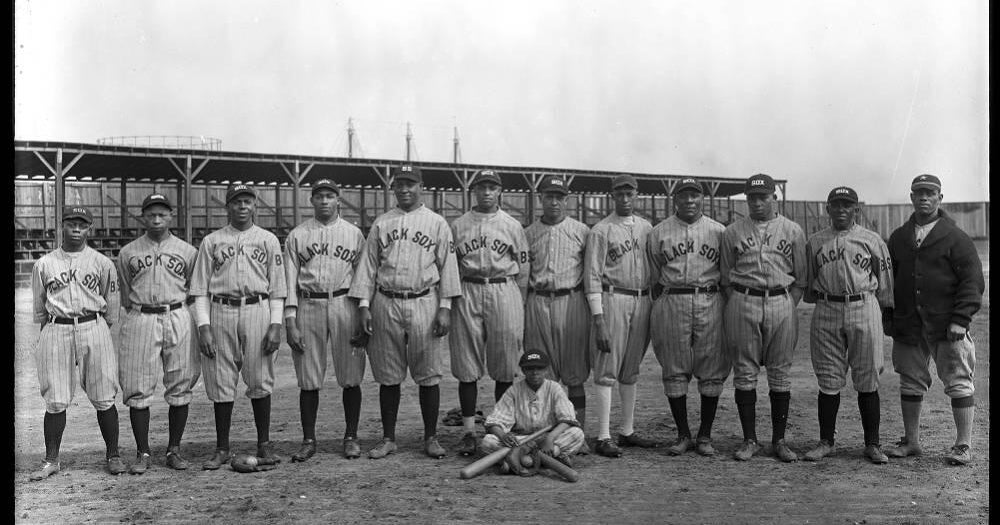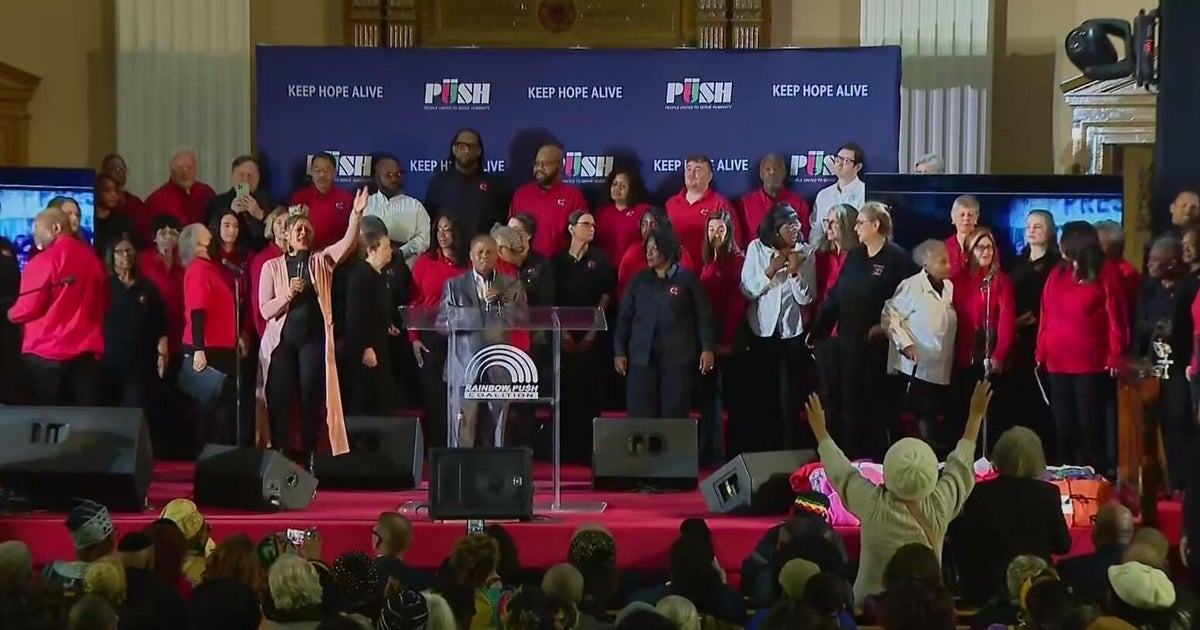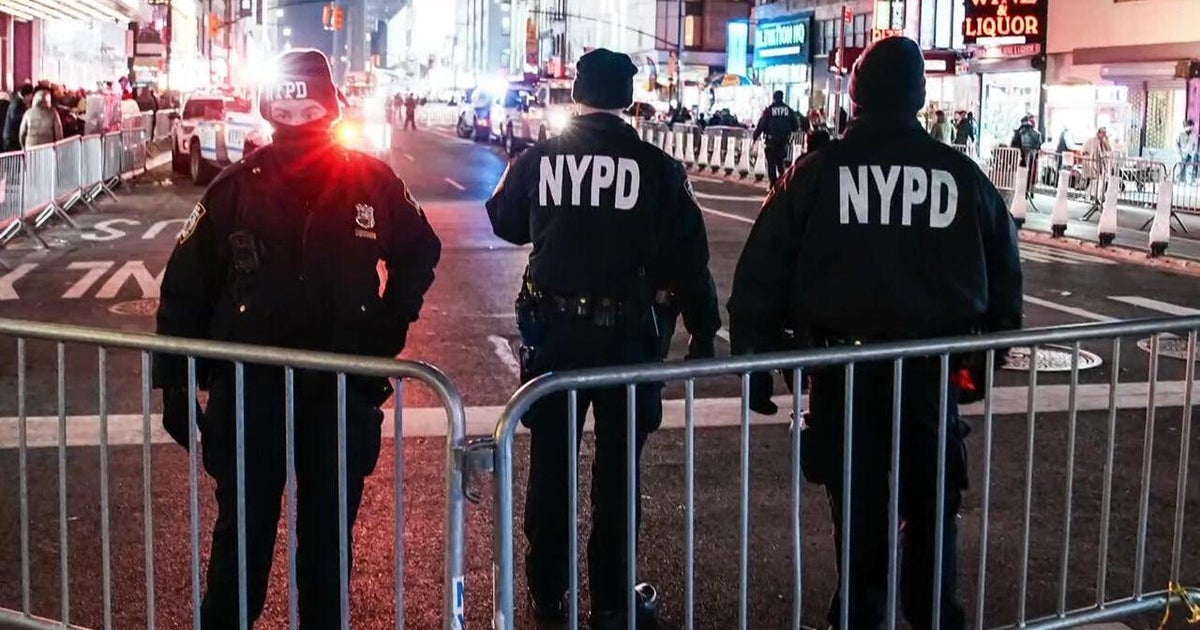Mayoral Candidate: Mayor Emanuel Is The 'Typical Candidate,' And That's The Problem
Interview by Mason Johnson -- Part 2 of this article will be published on Wednesday, June 18th...
Well educated and extraordinarily smart, Dr. Amara Enyia has done policy work in City Hall with Mayor Richard M. Daley's administration and has been a community organizer in one of Chicago's most impoverished (and, arguably, ignored) neighborhoods, Austin. Her political and community experience, not to mention a law degree and PhD in Educational Policy, make her seem like a viable candidate for Mayor of Chicago.
Yet many people will hear about her campaign and disregard it. To many, she just won't seem conventional enough for the Chicago political machine.
But if you ask Dr. Enyia, conventional is the last thing Chicago needs right now.
"Everyone will tell you if you don't have 10 million dollars, don't run. But when every piece of policy that comes out of City Hall reflects someone who doesn't understand what an average Chicagoan goes through, why would we be surprised?"
Amara is talking about Mayor Rahm Emanuel. His ability to collect money may be admirable, but to Amara, he's out of touch with Chicago's citizens. He's too conventional.
"The conventional wisdom is what's gotten us here," she says. "I think the conventional wisdom is what breeds mediocrity. I think if you're looking for the conventional path, you're looking for the typical candidate, and the typical candidate is what we now have."
Amara describes her time at City Hall as "intentional." She wanted to see how city governments work and how policies are made. Most of all, she wanted to see the "innermost privacies of city government."
Working on a diverse set of policy issues, from food desert problems in some Chicago neighborhoods, to violence prevention and community engagement, Amara saw a disconnect between City Hall and Chicago's communities.
"You have City Hall here, then you have this whole universe of neighborhoods and communities here," says Enyia, gesturing in opposite directions with her hands. "And there was a disconnect there. So I saw my role as being able to build a bridge between those who make policy and those who are impacted by policy."
Amara left City Hall at the end of Daley's term. If her intention in 2011 was to one day run for Mayor, she was doing a bad job of climbing the political ladder. Instead of schmoozing and building political connections, Amara decided to take up the often thankless job of community outreach.
"I went to the west side because we didn't really talk about that community," Amara says, explaining her decision to leave City Hall and become the Executive Director of Austin Coming Together. "My desire was to bring everything that I had gained and learned through policy work at City Hall and bring that to the community to help develop more effective strategies to improve resources."
Imagine how economically devastating, not to mention demoralizing, it is to own a beautiful home surrounded by unoccupied, decaying homes that have been long forgotten by the banks that own them. Now imagine that this foreclosure-filled neighborhood has an unemployment rate of 21%, about double that of the city's unemployment rate.
The neighborhood I'm talking about is Austin. While there, Amara saw a unique opportunity to solve both of these problems. She helped create a program that hired and trained unemployed or underemployed individuals, including ex-offenders, to maintain the large number of foreclosures plaguing the neighborhood.
The benefits for those the organization employed were numerous: "So now they're gainfully employed, we're addressing the safety issues around vacant housing and vacant lots, and they're feeling like they're giving back to the community."
While acting as Executive Director of Austin Coming Together, Amara was part of the Community Action Councils that assisted Chicago Public Schools in developing an educational strategy in Chicago's communities. For over a year, Amara, parents and community members spent their nights coming up with their ideal educational landscape. Despite the hard work of not only Austin, but neighborhoods across the city, Mayor Emanuel and CPS ended up closing 50 schools. To everyone involved in the process, one thing was made perfectly clear: The administration had not put into action any of the suggestions Austin, or any of Chicago's other neighborhoods, had proposed.
It's this situation, what Amara describes as a lack of transparency, good faith and respect for the people impacted, that "destroyed any semblance of good faith between CPS and the parents and communities."
To communities, it seemed like the reasons for the closings changed from week to week.
"It's a budget issue? But then we have money to open up new charter schools, sometimes across the street from a closed school... So is it really a budget issue?" Amara asks. "There was an underutilization reason that was given, and yet the best practices in education show that smaller class sizes are better -- you don't want to have 40 kids in a classroom. That led to confusion and questions about the legitimacy of the reasons they're giving us."
"There will always be policy decisions that will be unpopular with some people," says Dr. Enyia, pontificating on how she may have handled the situation. "But at the very least, you have to be up front with whoever's being impacted, be honest and transparent about why the decision is being made and how it's going to be made. If we ask for their input, it should be meaningful engagement, not just to say that we went through a process so we could make our decision anyway."
I ask Amara, who studied inequity issues and school closings while obtaining her PhD, if Mayor Emanuel could have learned anything from the examples other cities had set.
"The notion of respect for people... I don't think you have to learn that from other cities," she says. "I think you should already know that. It should be part and parcel to the way we operate as a city government."
In Amara's eyes, this response doesn't only apply to Chicago schools. Whether we're talking about the school closings, TIF funds, Chicago violence, enormous debt, broken pension funds, questionable crime statistics -- or any of the other problems facing Chicago right now -- Amara points to a lack of honesty and forthrightness on the part of Mayor Emanuel and those who surround him.
And this is exactly what Dr. Amara Enyia says she's offering Chicagoans: honesty and forthrightness.
Part 2 of this interview, which will cover what Dr. Amara Enyia would do if she were to become Mayor, will be posted on Wednesday, June 18th. You'll be able to find it here.
Mason Johnson is a web content producer for CBS Chicago. His Twitter handle is @MasonJohnson14. He thinks it's weird that there are at least 13 other Mason Johnsons.
